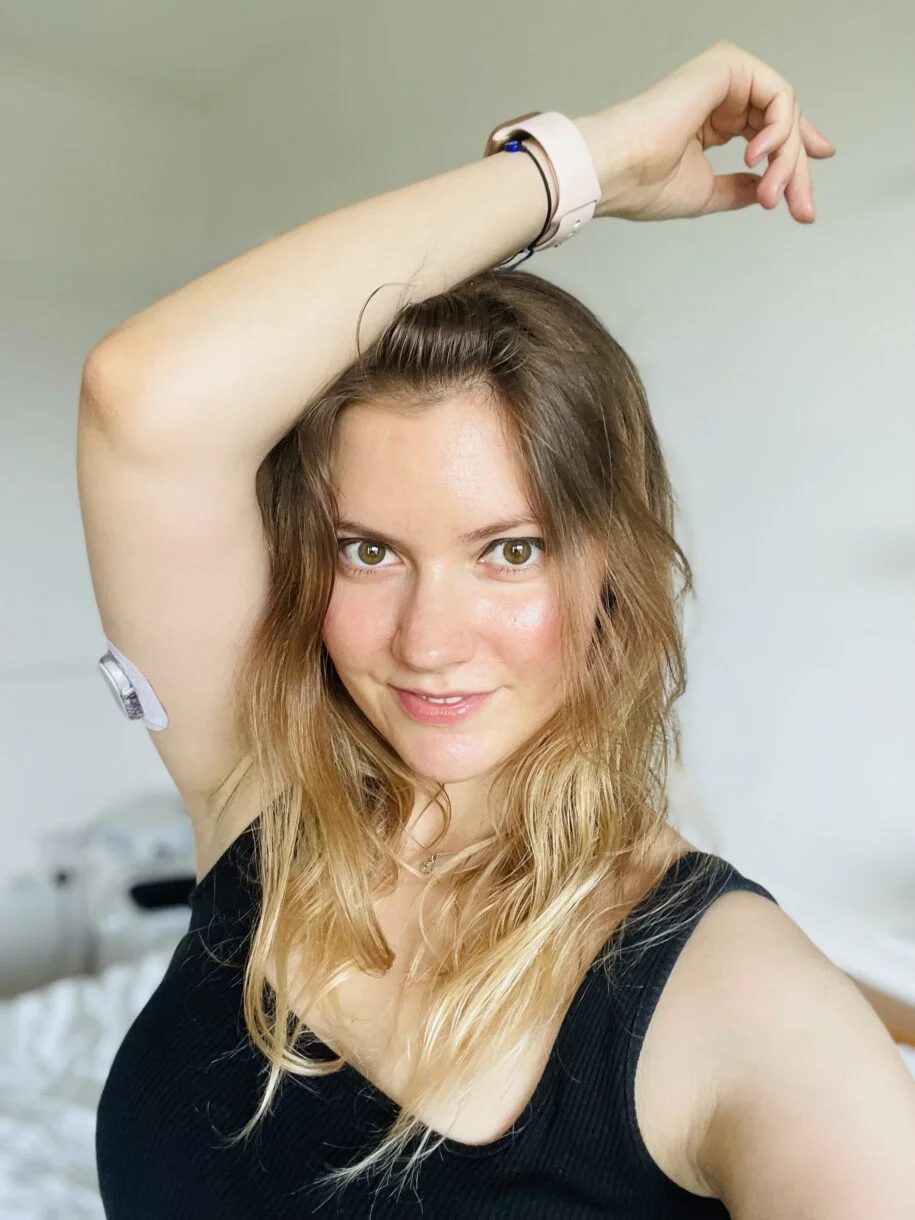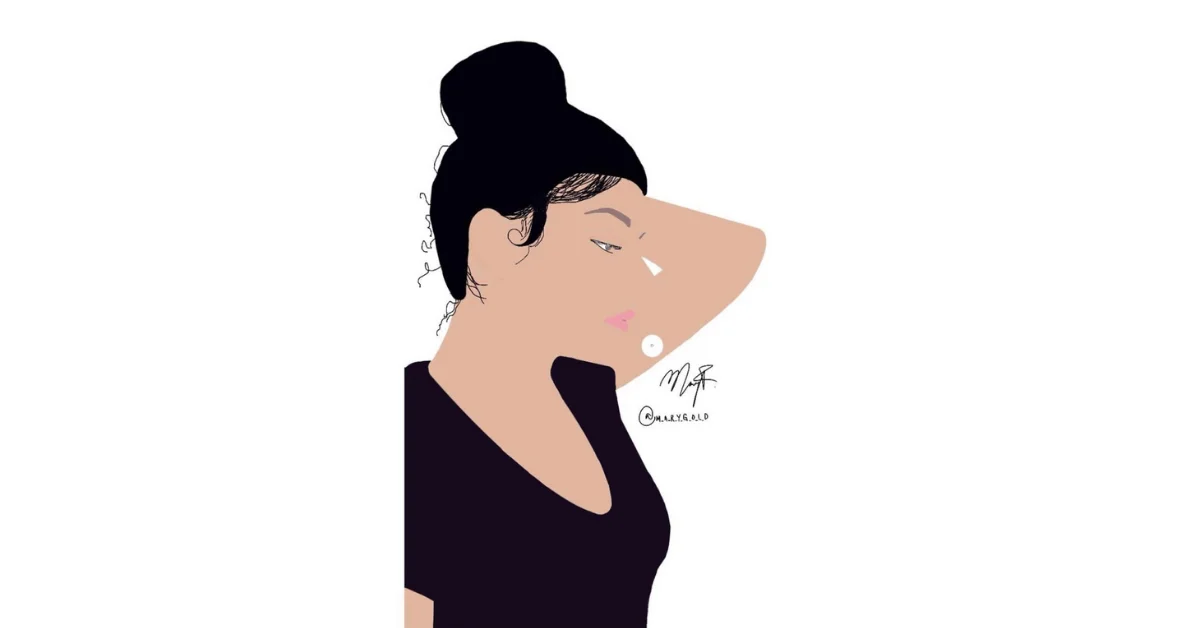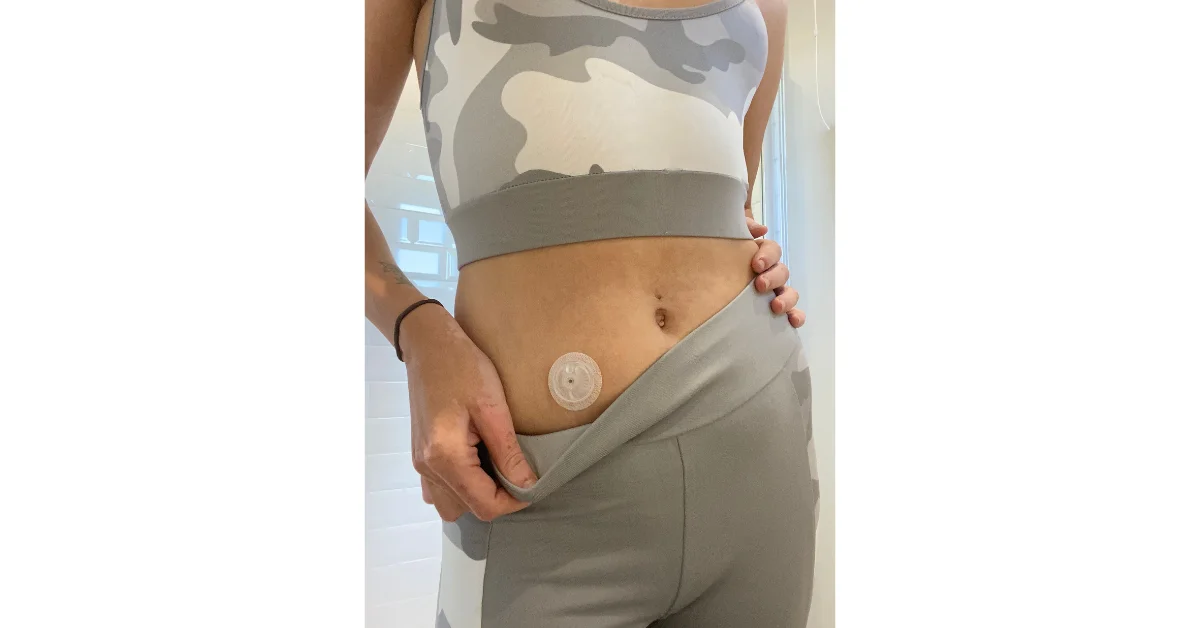Self-Advocacy = Self-Worth
Sitting in my freshman level biology class, I start to sweat. I can feel my blood sugar dropping by the second, but I’m frozen. By what you may ask? Fear? Anxiety? All of the above?
My professor’s voice in the background runs together to create an indecipherable drone in my head. Why was I not reaching into my backpack to check my blood sugar and correct my low? This internal conflict continues until the blaring “beep” of my Continuous Glucose Monitor (CGM) goes off, startling me and the entire class.
I can feel the heat sore up my neck, my cheeks getting redder my the minute. My classmates look around, and slightly chuckle, all of them confused by the mysterious sound. I sit and try to blend in as I attempt to clear the alarm on my CGM so it would not go off again. I would not let myself stand out like this. I couldn’t be different.
My professor then stopped the lecture simply to say that people need to turn their phones off. Disappointed. My professor was disappointed in me. I was singled out, or so it seemed in my mind. To the rest of the class and my professor, it was a minor disruption in the lecture, and they soon returned to taking notes while I sat there scarred from the embarrassment that had swept over me.
After class, I quickly packed up my belongings, and ran into the hallway. I looked at my CGM to see that my blood sugar was so low, it was not even registering a number because I was below 40 mg/dL. Shaking, I jammed a whole bunch of glucose tabs into my mouth. I then proceeded to walk out of the building, not thinking about my low blood sugar, but the embarrassment of my CGM going off in class. I would not let that happen again.
Much to my dismay, I had a plethora of experiences just like this one in many different classes with many different peers and professors, my freshman year of college. I spent an entire year damaging my health because it was much more important in my mind to “fit in” and be like everybody else.
I have had Type 1 Diabetes for over 18 years, and my internal struggle to accept my disease as a part of me has continued. Not knowing life without this chronic disease would make you think that I would have embraced it by now. That I would be standing on the roof tops yelling to the world that I have Type 1 Diabetes, but that is so terribly wrong. Peer pressure is real, the academic, emotional, and mental struggles of a college student are real, and the difficulties of dealing with Type 1 Diabetes every single day is real. Acknowledging that those struggles exist is the first step to living a healthier life.
Throughout my freshman year of college, I locked those struggles in a box and shoved them far into the depths of my subconscious. Eventually I began to realize, as my physical health declined, and my mental health screamed to be acknowledged, that if I don’t take care of myself, no one will. College is an entirely different environment where students are thrown into the chaos that becoming an independent adult truly is. It was my responsibility to talk to my professors and my peers and tell them that I had Type 1 Diabetes. If you open up to just one person you trust, such as a professor, a friend, or a classmate, you have created the beginnings of a wonderful web of people that are there to support you. I had to accept that Type 1 Diabetes is a part of me, but it does not control me. At some point, I had to come to terms with the fact that I am different, but that is not a bad thing. Type 1 Diabetes makes me unique, strong, and responsible. Why should I hold myself back from being who I truly am?
By talking to the disabilities services on campus my sophomore year, I was able to contact my professors and let them know the accommodations I needed in their class to be the best possible student I could be. Not only that, but I started talking to the campus counselor to help me think of some strategies to approach communication about my diabetes. Self-advocacy is extremely powerful, and when used to its fullest advantage, can change the way you view yourself and the world around you. Life’s too short to worry about what other people think about you. By self-advocating, you are establishing a sense of trust within yourself. You are showing the value that you place on your life.
Now, as I commence my third year of college, I am taking words like Type 1 Diabetes and giving them my own context. My Type 1 Diabetes is no longer a word of fear and resentment. Type 1 Diabetes is a word of strength and courage. The best advice that I can give to any student with a chronic disease, is to stick up for yourself. Be your own best friend, and tell the world what you need to be the best version of yourself possible, even if that means eating glucose tablets in the middle of class.

Hannah Parker
I have had Type One Diabetes for almost 18 years. I’m currently a junior in college studying Elementary Education. I love all things health and fitness, and I’m a major bookworm.













